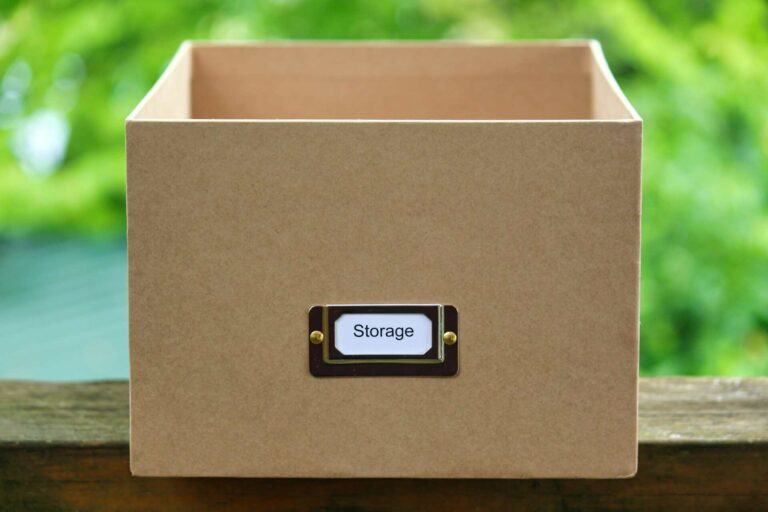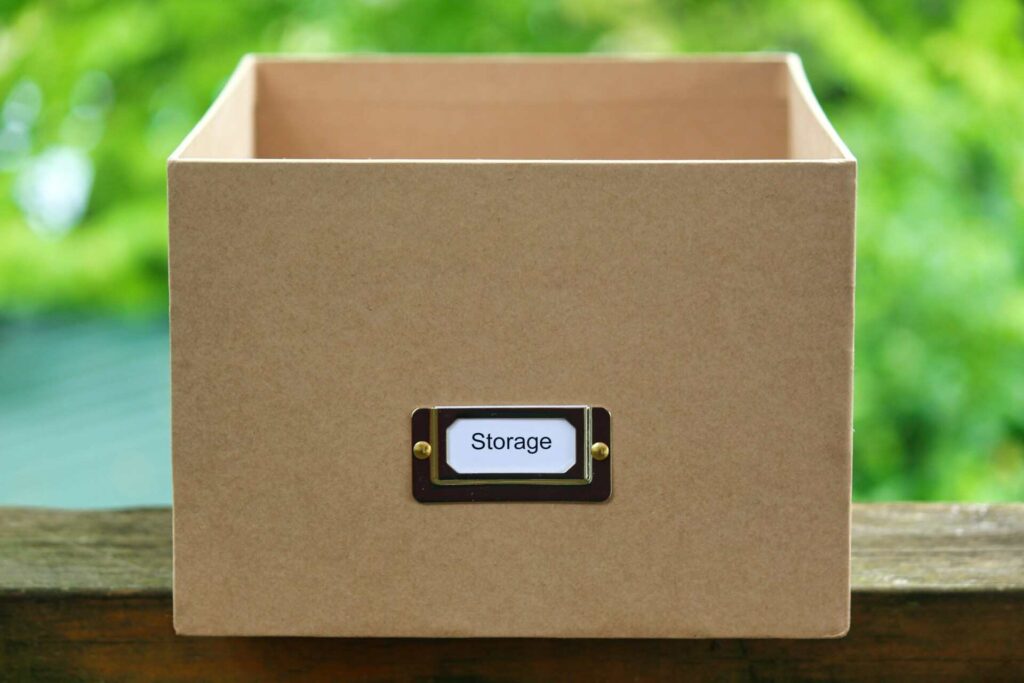
Treatment Options for Chronic Back Pain
Chronic back pain can be an absolute life disruptor. A dull ache that never seems to go away, sharp pangs brought on by the slightest movement, an always-present reminder of physical limitation—these are just a few of the difficulties faced daily by those who suffer from this pervasive ailment. With its varied and complex origins,…
Most popular posts

Hola Custom Boxes Provides Custom Packaging that Matches Your Brand’s Personality
Looking to make a lasting impression with your brand’s packaging? Look no further than Hola Custom…

Forging the Future with Ferroalloys: Types, Traits and Applications
In the realm of metallurgy, ferroalloys stand as the backbone of countless industrial applications, fueling innovation…

Business Suits for Women: Unleashing Confidence and Elegance in the Corporate World
In today’s competitive business world, women are making remarkable strides and breaking the glass ceiling in…

Lloyd Business School: Nurturing Leaders of Tomorrow for a Dynamic World
In today’s fast-paced and ever-changing business landscape, obtaining a quality business education is essential for aspiring…

Business Proposal DramaCool: Revolutionizing the Streaming Industry with Innovative Solutions
In today’s fast-paced world, the demand for online streaming platforms has skyrocketed, with millions of users…

Bad Credit Motorcycle Finance: Unlocking Your Dream Bike
Are you a motorcycle enthusiast with a less-than-perfect credit score? Don’t let bad credit hinder your…

Kingdom Business Season 2: A Riveting Journey of Success
Welcome to the exciting world of “Kingdom Business Season 2,” where entrepreneurs and visionaries come together…

Unleash Your Entrepreneurs with the Risky Business Costume
Looking to stand out at your next costume party or event? Want a costume that exudes…
Categories
subscribe to newsletter
Bad Credit Motorcycle Finance: Unlocking Your Dream Bike
Bajaj Finance Customer Care Number: A Comprehensive Guide
Bajaj Finance Customer Care: Quick Assistance & Support
Treatment Options for Chronic Back Pain
Custom Box Design Guide for Toy Manufacturers
Detective Agency in Delhi For Loyalty Test Investigation
What’s Best for Personalized Vape Box Packaging?
Hola Custom Boxes Provides Custom Packaging that Matches Your Brand’s Personality
Forging the Future with Ferroalloys: Types, Traits and Applications
Custom Box Design Guide for Toy Manufacturers
Detective Agency in Delhi For Loyalty Test Investigation
Hola Custom Boxes Provides Custom Packaging that Matches Your Brand’s Personality
Top of The Day
Treatment Options for Chronic Back Pain
Subscribe To Our Newsletter.
Lorem ipsum dolor sit amet, consectetur adipiscing elit, sed do eiusmod tempor incididunt ut labore et dolore magna.











